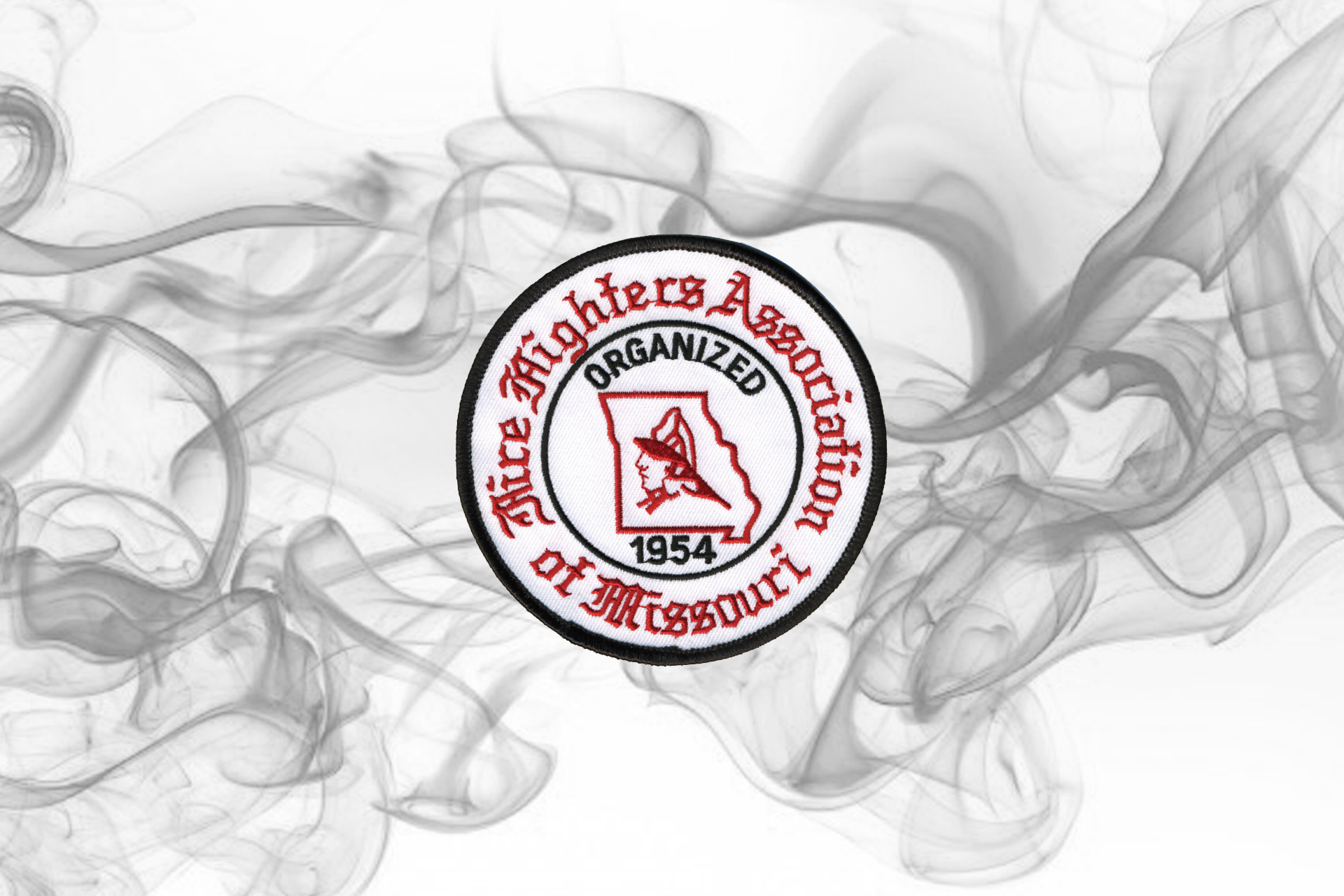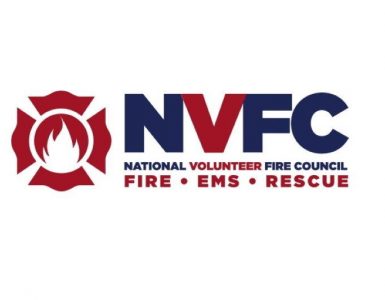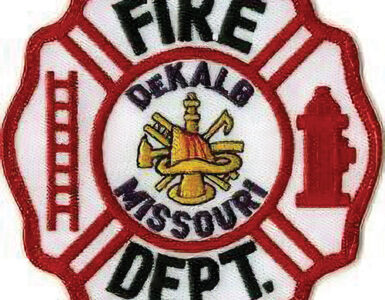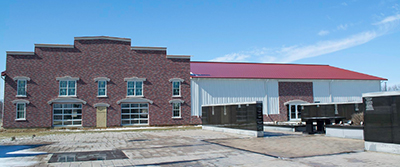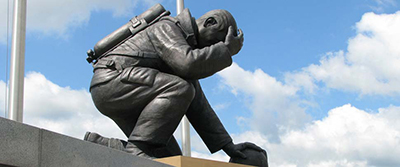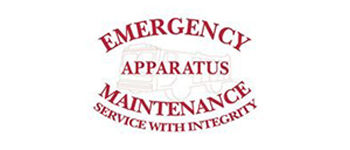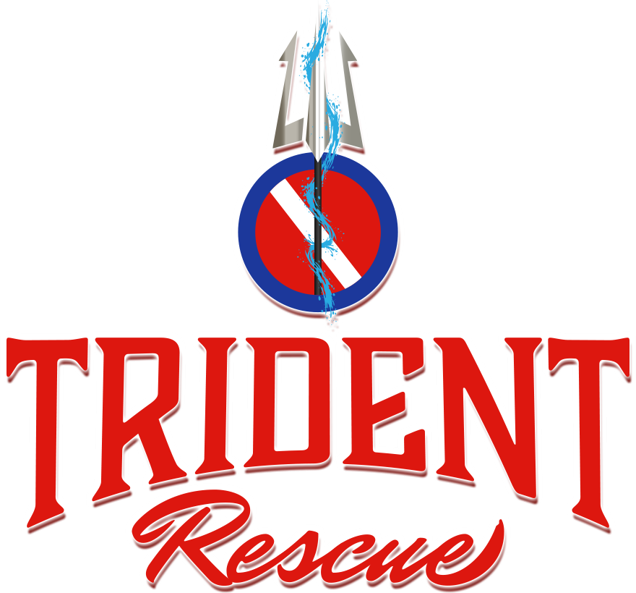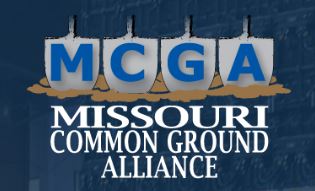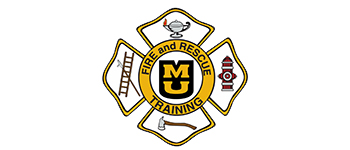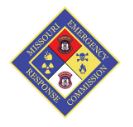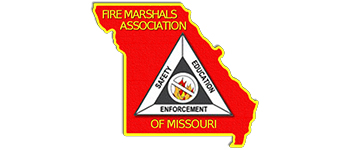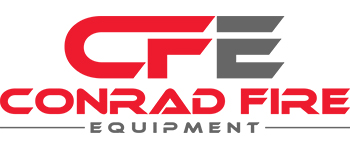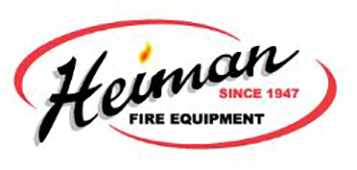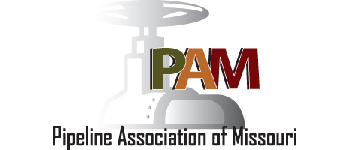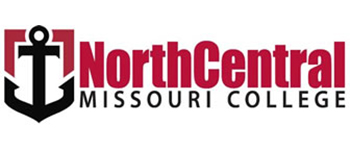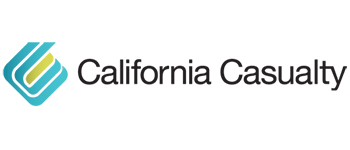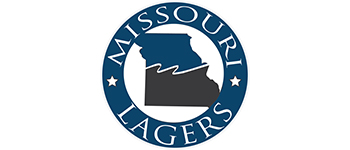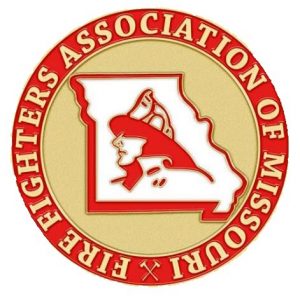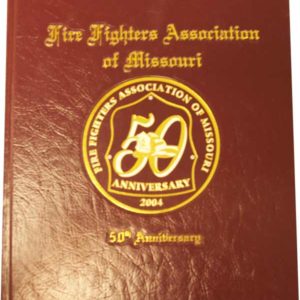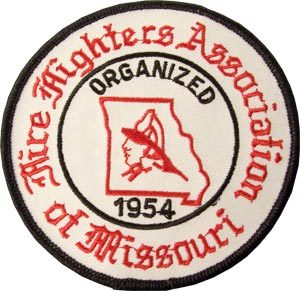Greetings! Hopefully you have made plans and have already sent in your registration to attend the 2020 FFAM convention in Kearney in May. It is always a great opportunity to learn, visit with old friends and make many new memories. I hope to see each of you there!
Not to be a wet blanket or “Debbie downer,” but this time around I think we should talk a bit about death. I know many of you just readjusted your reading glasses or squirmed in your seat just a bit and had to decide if you were going to read any further. I realize the majority of people don’t like to talk about death and the very topic is often ignored or avoided at all costs. With those things in mind, bear with me for a bit and let’s discuss death.
An old saying indicated the only two things certain in life are death and taxes. From what I have seen advertised lately on television the tax part may not even apply like it used to as there are companies out there that promise to erase or reduce your tax debt so even though taxes are still around they may not have the lifetime impact they once did. Death on the other hand is pretty certain. I won’t get into a debate about whether you can be frozen in the hopes of being thawed out and put back in to service at a later date so let’s just agree that all of us are going to face death at some point.
There are so many things that you can do to help keep death from knocking at your door prematurely. Simple things like eating correctly, exercising, getting enough rest, wearing a seatbelt in the apparatus and generally not doing things that may border on “stupid” that often result in a poor end result. In many instances it really is up to each of us to decide what we want to do to hedge our bets on warding off a natural death. There are many things we can do to also avoid or lessen the risk of an accidental death on and off the job. I realize that sometimes it seems like no matter what was done as precautions, things can go bad and death can happen. Even with this in mind we must be constantly aware of what we are doing and what surrounds us and take as many steps to protect ourselves as we can.
We have all learned way more than we thought we ever wanted to know about cancer risks for emergency service workers in recent years. The big question would be what have you done to address your personal or your department’s exposures and risk? Have you been more diligent about gross decontamination, washing your hands and face when going to rehab, regularly cleaning your PPE and SCBA, bathing after exposure and the other very manageable steps you can take to reduce your risks? If not, there is that strong possibility you could be inviting a visit a little sooner than you thought from the grim reaper. These are all small steps to take in the overall scheme of things to buy a little extra time.
One of the more delicate issues of death in the emergency services field has not been openly discussed in the past, but is gaining more traction, is that of suicide. A recent publication I saw from a support group reported that by mid-February there had already been 10 fire/ems, 26 police/correction officer, six 911 dispatcher and 1,092 active Military/Veteran suicides this year already. I don’t know about you, but I think these are numbers that we should be able to eliminate or at least reduce to near zero. There has been a mentality in this industry to “suck it up,” “keep it to yourself and move on,” or risk appearing “weak or soft” to our colleagues. Recently we have started to recognize that this mentality has not been a healthy one over the years. Were there as many deaths related to suicide in the past? I do not have historical numbers, but I would not be shocked if they have always been at an alarming rate however they just never got all grouped together or linked by profession.
There are more and more support groups evolving to help address this issue. Many can be utilized at no direct cost to the public servant needing assistance and some agencies and our members are slowly coming around to the idea that just because someone seeks out assistance doesn’t mean they are a risk to those they work or live with. If we don’t address this problem and the trends being identified in public servant suicide we will effectively become our own worst nightmare.
As many of you know this type of action does not just end with the person who chooses to end their life, but has far reaching effects on family, friends, coworkers and our communities. While the pain and suffering for the individual that often comes from the hectic often under-appreciated and demanding careers we have chosen and the things we see and are exposed to ends, the overall impact does not stop at the action. Have you reached out for help? Have you offered help? Can you help recognize the signs of someone that may need help? This is not a problem that is going away on its own, do your part!
Rest assured death will eventually find us all, but how we choose to live and the things we do to enhance that experience are paramount. I have never believed we should wonder around acting like we have one foot in the grave already. We should get the most out of life and make decisions that benefit ourselves individually, our families, our departments and our communities. Do what you can to get some extra “miles” and do what you can to help out those around you. It is not a bad thing to ask for help or to offer it up when a need arises, nor is it a bad thing to spend a little extra time taking care of yourself.
As always, if I can be of any assistance to you or your department, please reach out. Be safe!


